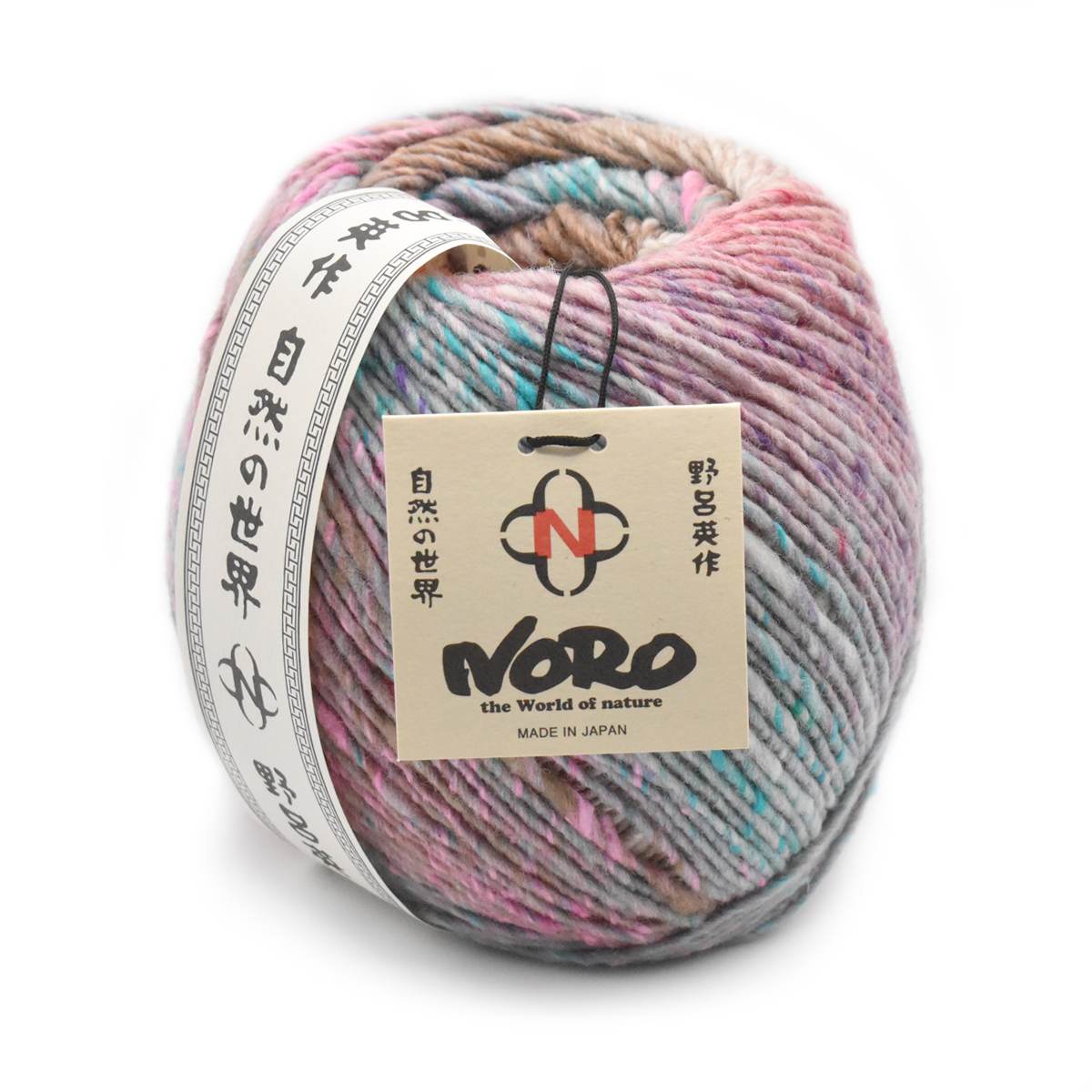This item is eligible for refund or exchange within 30 days of the purchase date. All returned items must be accompanied by their receipt or order number, and must be unopened, unused, and in salable condition for a return or exchange to be considered. We do not accept full or partial returns on items that were special ordered.









